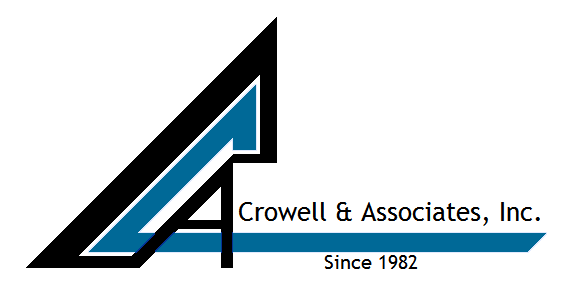This information has been provided by:
The National Society of Insurance Premium Auditors
1-888-84NSIPA
The Insurance Premium Audit
Insurance audits are typically performed on Commercial insurance policies, which have adjustable or variable premium bases. When you purchased your policy you paid a deposit premium based on your best estimate of those bases and at the end of the policy period the final premium base must be determined. This process is called a Premium Audit.
By auditing these policies, insurance companies see that all businesses pay their fair share. In addition, the Premium Audit provides valuable information on your business operations and allows you to have personal contact with a representative of your insurance company. This entire process is designed as a service to you that guarantees that you pay only the premium that you owe.
What Records Are Needed For The Audit?
- Payroll Records - including Federal 941 forms, as well as State Unemployment tax forms
- Sales Journals - or income statements
- General Ledger - may be used to verify other records or provide sales information
- Cash Disbursements Journal - for subcontractor costs
- Computer Reports - from software such as QuickBooks or PeachTree
- Certificates of Insurance and TWCC forms (signed and dated)
Tips On How You Can Save Money
- Have the proper person available to assist the auditor and answer their questions.
- If you pay overtime to employees, properly summarize overtime paid by individual and class code.
- Construction companies should maintain payroll records to show time spent in different types of work.
- The use of Subcontractors or Independent Contractors requires certificates of Worker's Compensation and General Liability insurance from each subcontractor or independent contractor.
- Sales records should show breakdowns for your various products or services, including sales tax amounts.
- Be sure you identify for the auditor any individuals who perform strictly clerical office duties, strictly outside sales duties, draftsmen or strictly drivers.
- Keep a record of tips declared by restaurant employees.
When Will The Audit Be Done?
Soon after your policy expires (or is canceled), normally within 10-20 days, you will be contacted in regards to completing the Premium Audit.
How Will The Audit Be Done?
It is necessary for the auditor to ask questions about your records and business operations. If you cannot be present, it is extremely important for someone to be available that is familiar with the specifics of your entire operation and job duties of all of the employees. If you direct the auditor to an outside accountant, he or she will obtain as much of the necessary information from them as possible, but will likely still have to speak to you for additional information.
Frequently Asked Questions
Q: What gives you the right to look at my books and records?
A: Your insurance policy is a legally binding contract between you and your insurance carrier. One of the conditions of that contract states, "You will let us examine and audit all of your records that relate to this policy."
Q: The auditor has requested payroll records and since I have no employees, I have no payroll records. Is the audit still necessary?
A: Yes, the auditor will need to verify that you do indeed work alone. To do that, he/she will look at disbursement records, check stubs or possibly income tax returns. The auditor is also required to look for and review your relationship with any independent contractors who you may have used during the policy period.
Q: I cancelled my policy and no longer have insurance with your company. Do I need to be audited?
A: Yes. Remember the purpose of the audit is to review your actual business activity for a previous period, during which your policy with the insurance company was still in force.
Q: My company offers a flexible benefit plan (cafeteria plan, 401k plan) to my employees. Are the non-taxable earnings included as payroll on my audit?
A: Yes, employee contributions to these plans taken as payroll deductions are included, even though non-taxable. Any matching payments made by the employer to one of those plans would not be included.
